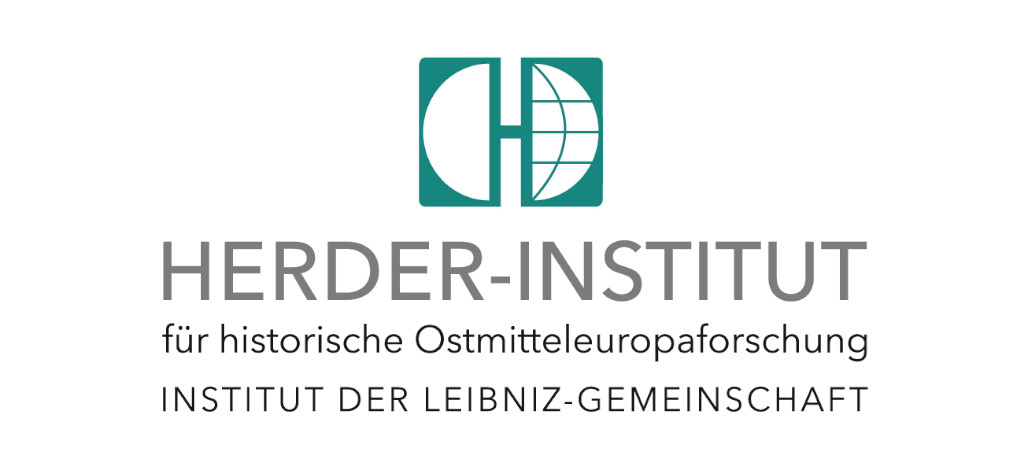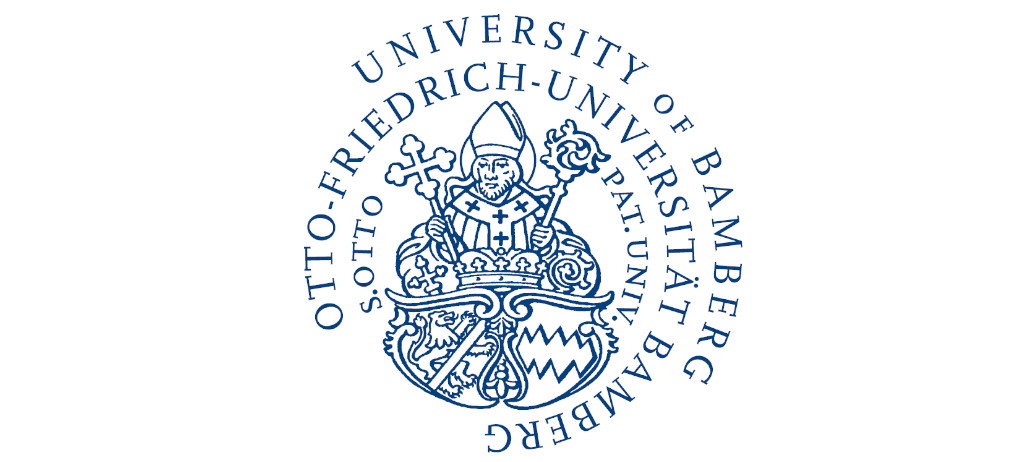Main Content
Subproject A03
Securitization and dynastic marriage politics
1. Funding period (2014-2017)
Dynastic marriage contracts form an essential component within European contract law in the early modern period. The high security relevance of dynastic marriage policy is often emphasized in research, but the role played by this marriage policy is assessed very differently. Partly, it is seen as a main reason for destabilization and war in early modern Europe, but partly also as a way to create additional security. The subproject aims at a historically adequate understanding of the relationship between dynastic marriage policy and the representation or production of security, in order to be able to better classify the political function of dynastic marriage contracts, also from the perspective of the actors.
To this end, the dynastic marriage contracts of the early modern period must first be comprehensively indexed and analyzed. This will be done with the help of a database, which by the end of the project will record the form and content of around 600 dynastic marriage contracts with royal or quasi-royal participation from the period 1500 to 1815 across Europe, in order to make them available to researchers online successively, in geographically structured steps.
In close relation to the database and its macro perspective, two detailed studies are also devoted to more detailed research on the relationship between dynastic marriage policy and security in concrete individual cases:
The first study examines the dynastic marriage policy of the Danish-Norwegian monarchy between 1523 and 1700. Such an investigation forms an appealing example not only because the significance of this state shifted during this period, but it is also facilitated by the richly annotated treaty edition "Danmark-Norges Traktater." The study aims to clarify how dynastic marriages were integrated into the diplomatic practice of political actors, how they sought to shape the future with marriages under the aspect of securitization, and what notions of security were operative in marriage negotiations.
The second study deals with security and dynastic politics on two levels: by translating and evaluating political and legal treatise literature from 1517-1795, especially imperial publicity, contemporary normative ideas about princely marriage and security will be identified. These norms of the learned sub-public had a concept-forming and action-guiding effect on political practice in the form of university education, legal opinions, and political advice. This will be examined on the basis of micro-studies of dynastic marriages of the House of Hesse-Kassel between 1649 and 1740 at the European level. Here, both negotiation records and cultural-historical sources on celebrations and stagings will be evaluated in order to gain a multi-layered picture of the security relevance of dynastic marriage.
With its approach, the subproject specifically addresses aspects of dynastic marriage policy that have so far been rather neglected, such as those in northern and northwestern Europe. In addition, the detailed studies also bring questions of representation and the understanding of security in the core area of princely-dynastic politics into the focus of the subproject.
Inhalt ausklappen Inhalt einklappen Members
Subproject Head
Prof. Dr. Christoph Kampmann
Research Assistants
Dr. Bengt Büttner
Dr. Philip Haas
Student Assistant
Laura-Marie Mork



